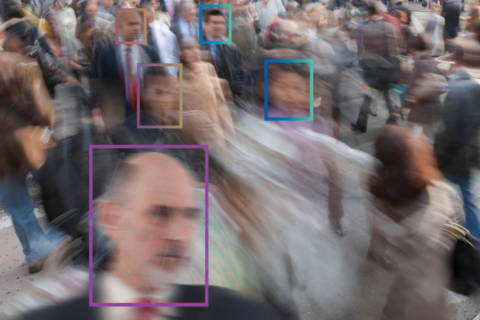Technological advancements continue to evolve rapidly, and many of these emerging technologies can be useful to governments addressing a myriad of needs. While local governments may have an interest in incorporating these technologies into their policies and practices, figuring out where to start can be difficult. However, there are opportunities to learn from peer cities and find guidance at the local, state, and national levels. When learning from one another, governments can find new ways to use these technologies to benefit their residents, whether through improvements to government service delivery, local economic opportunities, and more.
As emerging technologies become more prevalent, there will be opportunities for municipalities to work together with state and national leaders to determine best practices and applications of these tools. To understand the landscape for current regulation of various emerging technologies, NLC researchers developed the Local Authority and Emerging Technology: A State-by-State Analysis report. This report examines how states are allowing or not allowing local governments to use technology like Artificial Intelligence (AI), personal ground delivery drones, and facial recognition cameras.
Policy development has been especially strong around AI, as states develop task forces to investigate its use at the state level. Throughout the 2023 legislative session, at least 25 states and the District of Columbia have introduced an AI bill and 18 states adopted resolutions or enacted legislation, according to the National Conference of State Legislatures. For example, the state of Louisiana enacted legislation asking their Joint Committee on Technology and Cybersecurity to study the impact of AI in government operations, procurement, and policy.
Local Highlight: Lebanon, New Hampshire’s AI Plan
Lebanon, NH, a city of around 15,000, has proactively worked to address AI use within city government by releasing a Use of Artificial Intelligence Policy in December 2023. The city felt that it was important to release a policy, even if it was imperfect and subject to change, to serve as a starting place to explore AI use in government. For the City of Lebanon, developing a policy was an important first step to normalize the use of AI and open the door for residents to share concerns. In consultation with resources from the White House, and other cities’ AI guidelines, Lebanon’s Chief Innovation Officer, City Manager, and Cyber Services Director worked together to develop a policy on AI use for the city.
“Just get started. If you wait to develop the perfect policy, then it’s never going to happen.”
Melanie McDonough, Chief Innovation Officer, Lebanon, NH
Lebanon’s policy introduces new requirements and guidelines for the use of AI by city employees. Specifically, the policy includes:
- Privacy and security guidelines for data protection and risk aversion
- Provisions to avoid bias and algorithmic discrimination
- Transparency and accountability requirements, like information disclosure and routine auditing
Additionally, the city mandates human oversight of AI processes and maintains a separate AI Registry listing the technologies being used or considered for use by the city. Current entries include a chatbot for assistance on the city website and an AI tool to expedite site plan reviews and permitting processes. In the future, the city looks forward to fleshing out more concrete procedures for enforcing the policy and ensuring it aligns with on-the-ground realities in city government. The next step in integrating AI into city government is employee-based training. The city has already begun to develop this training, which will show city staff how AI can support their work and plans to begin the training at the end of February.
Getting Started with Emerging Technologies
States and municipalities have the opportunity to work together to develop effective emerging technology regulations that protect residents and benefit communities. For localities seeking to develop an AI plan, communities like Lebanon can provide inspiration for a plan structure and rollout. Some considerations for plan improvements include:
- Developing practical guidelines for technology use within local government departments
- Engaging residents and requesting feedback on the plan
- Referencing state and federal guidance, such as the White House’s new standards for AI safety and security.
To learn more about the current landscape of preemption around other emerging technology, read NLC’s Local Authority and Emerging Technology: A State-by-State Analysis report. The report provides additional case studies on how localities have integrated these technologies into their operations with considerations for state legislation. Additional information is provided on understanding privacy and cybersecurity considerations for localities as they govern emerging technologies.




